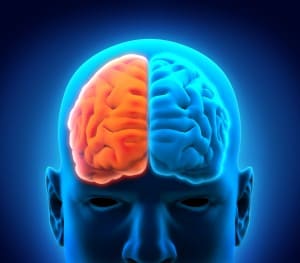
To find out how well people recover from a left-hemisphere stroke, the researchers evaluated 32 survivors of left-hemisphere stroke who had aphasia. They also evaluated a control group of 30 people who had not experienced a stroke. The researchers conducted language assessments of the stroke survivors to determine the severity of their speech issues. All of the participants went through a high-resolution brain scan, which provided information about brain structure and volume.
The results demonstrated that the right side of the brain aids stroke recovery. Stroke survivors with better-than-expected speech skills, compared to stroke survivors with poorer speech abilities, had larger grey matter volumes in the back of the right hemisphere. This area mirrors the left hemisphere’s speech center. The stroke survivors with better-than-expected speech skills also had more grey matter volume than controls. This suggests that increased growth in right-hemisphere grey matter can compensate for the loss of speech-related areas in the left hemisphere, supporting the recovery of language skills.
Study co-author Dr. Turkeltaub, assistant professor of neurology at GUMC concludes, “Over the past decade, researchers have increasingly suggested that the right hemisphere interferes with good recovery of language after left hemisphere strokes. Our results suggest the opposite—that right hemisphere compensation improves recovery.”
This research is published in the journal Brain.
Previous news in stroke:



 © 2025 Unyte Health US Inc.
© 2025 Unyte Health US Inc.